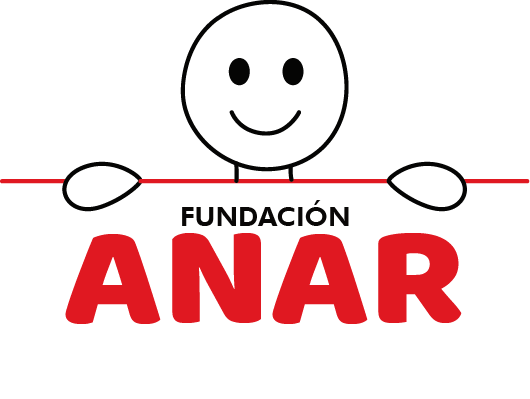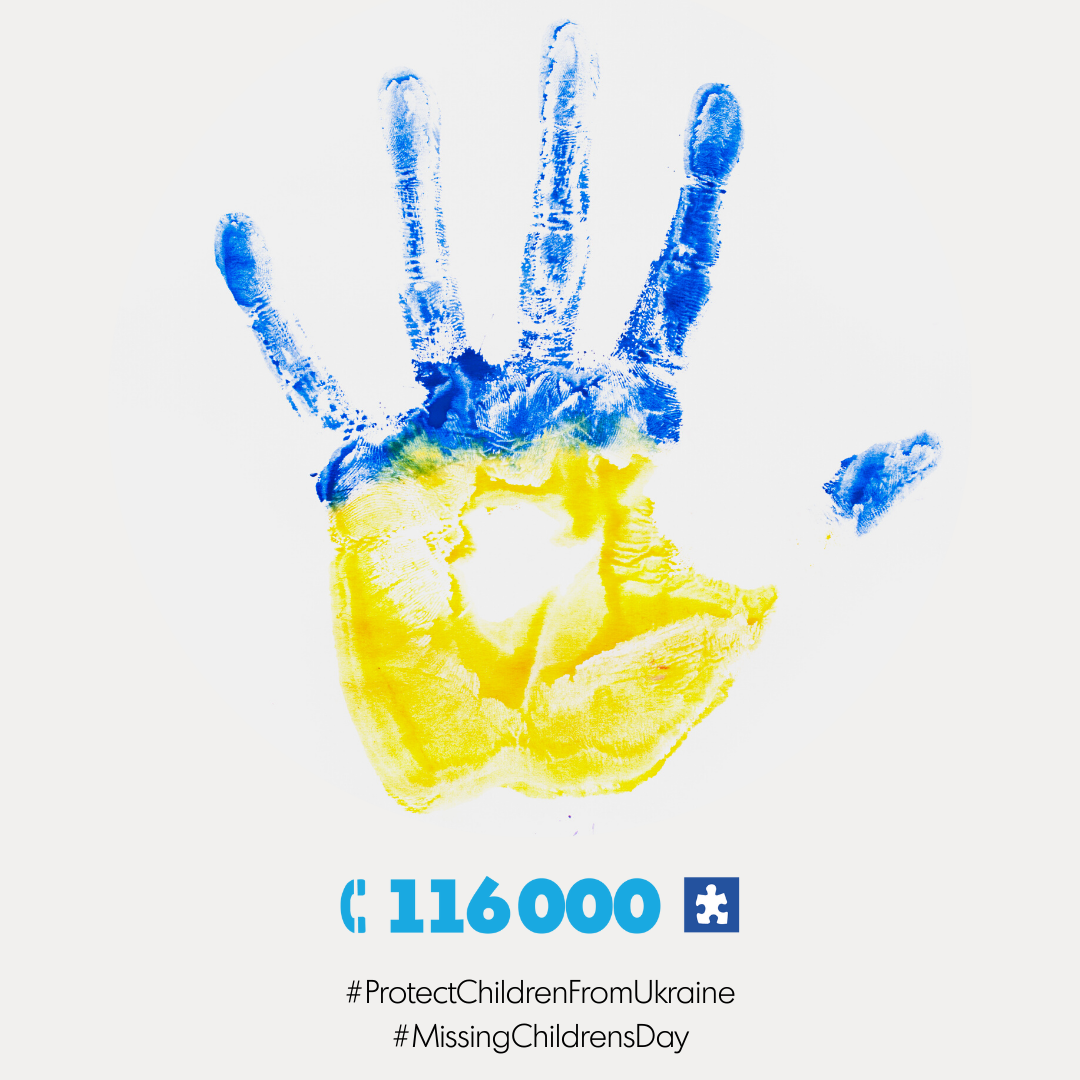| 25th May marks International Missing Children’s Day. On this occasion, Missing Children Europe draws attention to the impact of the Russian war in Ukraine, which has put thousands of children at risk of violence, trafficking, sexual abuse and exploitation, and going missing.Today, Missing Children Europe launches a report on children reported missing in Ukraine during the first 60 days of the war and calls on the EU and Member States to provide support and protection to all children and families (at risk of) going missing due to the war.During the first two months of the war on Ukraine, NGO Magnolia, the 116000 hotline operator in Ukraine, recorded an enormous increase in the reports of missing children. More than 2100 cases of children going missing inside Ukraine were reported due to war related activity (compared to 182 cases reported to the hotline during peace time in 2020). Among those cases, there are at least 343 children missing alone, and at least 15 cross-border cases of children going missing while seeking safety in the EU. A portion of these missing cases is simply due to temporary loss of contact because of damage to infrastructure, but a significant number of cases remains unresolved.According to the Office of the Ukrainian Ombudsman, 232 children have been killed and 427 children were injured since the beginning of Russia’s invasion of Ukraine. The total number of Ukrainian children, who physically suffered during the conflict, is impossible to ascertain.Despite the harsh conditions caused by the war, including no access to the office and 116 000 hotline, Ukrainian NGO Magnolia, did not stop supporting missing children and families. During the first weeks of the war, hotline operators hiding underground used their mobile phones to continue to take reports and search for missing children as well as provide emotional support to children and families.Thanks to cross-border cooperation and the support of Missing Children Europe and its member network of 116 000 hotlines, several Ukrainian children who went missing as they were fleeing to safety in the EU, have been found safe and sound, and were reconnected to their families. Access to the 116000 number has been restored as recently as last week.Missing Children Europe calls on Member States, and the EU, to take responsibility to ensure the protection of children’s rights both in Ukraine and in the EU to ensure all children are eventually safely reunited with their families. Investment in the capacity of the 116000 hotline in Ukraine and in neighbouring countries is needed to help find all the children and families who went and still go missing due to the war. |
| Much more needs to be done to support all Ukrainian children at risk of going missing and to reunite them with their families on the longer term. The EU and Member States need to take responsibility for children on their territory, develop common standards on registration of these children at the border and in the country of destination, as well as ensure follow-up during the period of temporary protection. We need strong investment in cross-border cooperation to help missing children organisations locate unaccompanied minors fleeing the war in Ukraine. – Aagje Ieven, Secretary General of Missing Children Europe Read Missing Children Europe’s reports: Missing Children in Ukraine during the first 60 days of the war Figures and Trends 2021 Annual Review 2021 Help us build capacity of the 116 000 hotline in Ukraine and the neighbouring countries The network of missing children hotlines is operated by national organisations in 32 countries in Europe. Children and families calling the 116 000 European hotline for missing children receive free and immediate emotional, psychological, social, legal, and administrative support 24/7. They also provide a vital central contact and coordination point for cases that are cross-border. Missing Children Europe is the European federation for missing and sexually exploited children, representing 31 organisations from 26 European countries. We provide the link between research, policies, and organisations on the ground to protect children from any kind of violence, abuse or neglect that is caused by or results from them going missing. |



 DONATE
DONATE 

